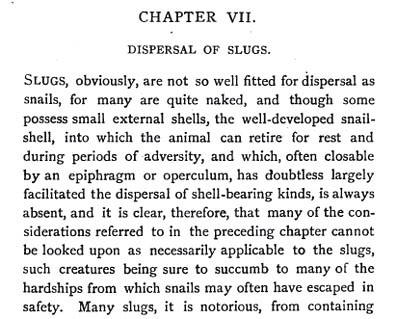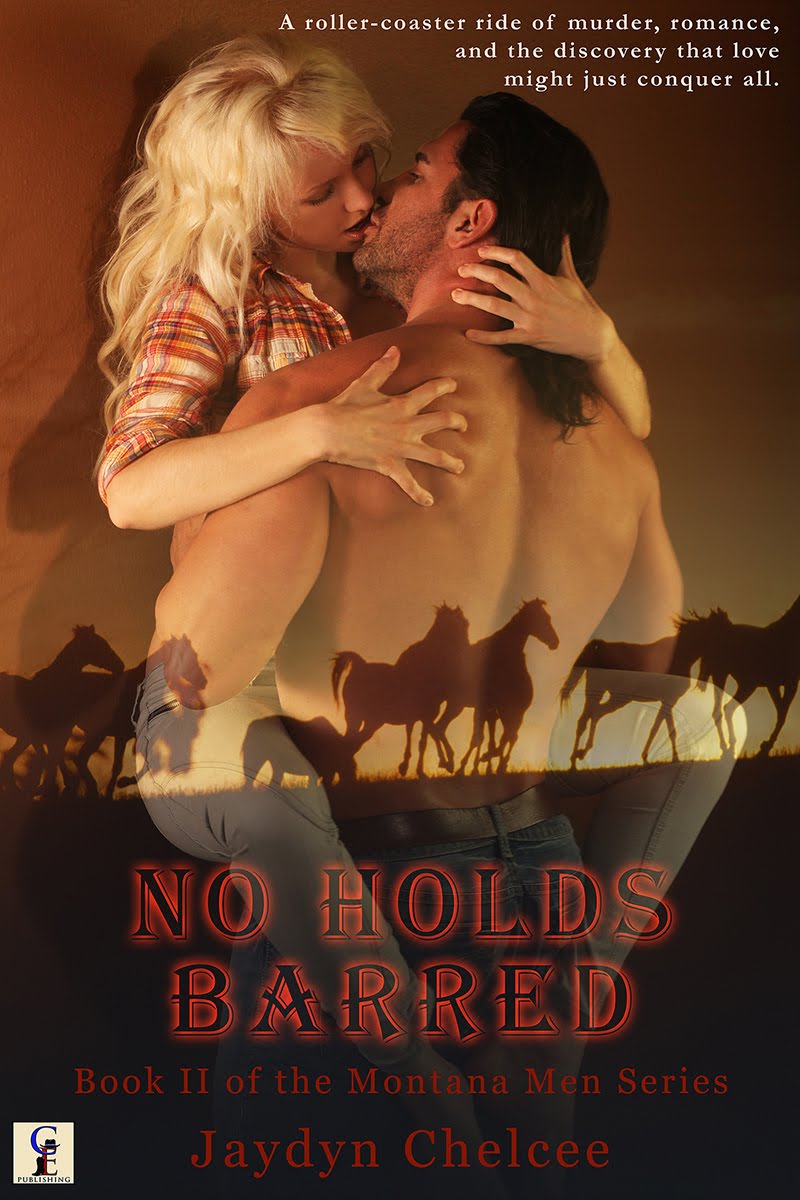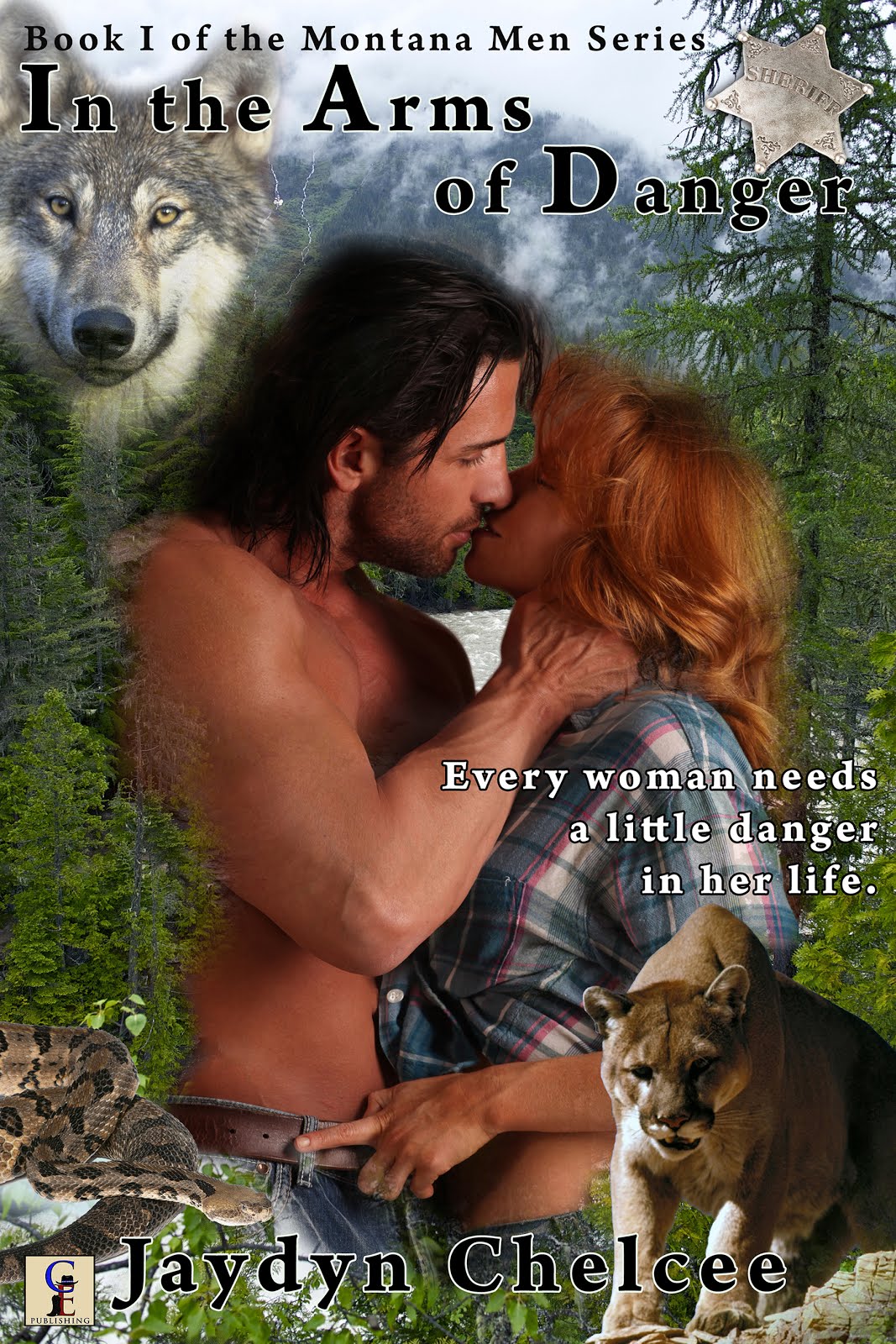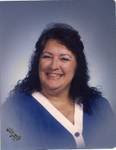Good Morning,
This is a reminder that I'm guest blogging at Belinda McBride's blog today, so please drop by, leave a comment....See you there!!....Tabs/Connie
Friday, May 29, 2009
Tuesday, May 12, 2009
In The Arms Of Danger Review
Genre: Contemporary Western Romance Published by Eternal Press
My Rating 4.25 of 5
This was a very steamy read with really likable characters and a sound plot line. The author used old western quotes to begin chapters which I liked. She also wove a good bit of Indian chief history into the witty repartee.
Lacey is a feisty, beautiful photo journalist. She is no stranger to danger as she seems a bit reckless in going into wild lo-cales. She goes alone on a photo shoot into Montana wilderness paying little attention to the many wild animals she might encounter. Then she runs into the real danger of a murderer who realizes his deed was caught on film!
Sheriff Danger Blackstone is an intense Native American, alpha male, intent on doing his job. He has caught this stubborn women sneaking in alleys where there has been local trouble. She is reluctant to talk to him because he looks so much like the glimpse she got of the murderer! He becomes frustrated by Lacey's failure to be fully honest with him and he isn't sure he can believe her story, especially when she locks him in his own jail to try to run away!
There is good conflict in the story because Lacey and Danger can not trust each other. That conflict is heightened by the fact that they both are trying to fight their very strong sexual attraction. A lot of the story focuses on their sexual awareness and the relationship that develops as they get stuck together in the wilderness after he rescues her from the flash flood that foiled her escape. As the book blurb says: "hot nights" indeed!
I liked how Danger learns to appreciate Lacey's intelligence, wit and stamina in very rough surroundings and Lacey learns to trust and respond to Danger. There was plenty of action and a few unexpected twists when it comes to the murderer, al-though the plot seemed to take second place to the sexual tension between the hero and heroine. This was an enjoyable read with more in the series to look forward to!
Warning: Explicit language and love scenes.
-- Martha Eskuchen
My Rating 4.25 of 5
This was a very steamy read with really likable characters and a sound plot line. The author used old western quotes to begin chapters which I liked. She also wove a good bit of Indian chief history into the witty repartee.
Lacey is a feisty, beautiful photo journalist. She is no stranger to danger as she seems a bit reckless in going into wild lo-cales. She goes alone on a photo shoot into Montana wilderness paying little attention to the many wild animals she might encounter. Then she runs into the real danger of a murderer who realizes his deed was caught on film!
Sheriff Danger Blackstone is an intense Native American, alpha male, intent on doing his job. He has caught this stubborn women sneaking in alleys where there has been local trouble. She is reluctant to talk to him because he looks so much like the glimpse she got of the murderer! He becomes frustrated by Lacey's failure to be fully honest with him and he isn't sure he can believe her story, especially when she locks him in his own jail to try to run away!
There is good conflict in the story because Lacey and Danger can not trust each other. That conflict is heightened by the fact that they both are trying to fight their very strong sexual attraction. A lot of the story focuses on their sexual awareness and the relationship that develops as they get stuck together in the wilderness after he rescues her from the flash flood that foiled her escape. As the book blurb says: "hot nights" indeed!
I liked how Danger learns to appreciate Lacey's intelligence, wit and stamina in very rough surroundings and Lacey learns to trust and respond to Danger. There was plenty of action and a few unexpected twists when it comes to the murderer, al-though the plot seemed to take second place to the sexual tension between the hero and heroine. This was an enjoyable read with more in the series to look forward to!
Warning: Explicit language and love scenes.
-- Martha Eskuchen
Wednesday, May 6, 2009
Extra Words

Excellent writing is concise. Use as few words as possible to convey the meaning of the sentence. Instead of me blathering on about how to spot extra words, I'll show you in examples.
I ate the apple first and then the banana.
I ate the apple, then the banana.
Why is the second sentence better? Because it causes less strain on a fast reader's eyes. A reader whizzing through your story doesn't want to stumble over "first and then" because the word "then" implies "after".
My notebook was filled with all the possibilities of what I could do with my life.
My notebook was filled with possibilities of what I could become.
What does "all the" do for the sentence? Not much. Delete. Sometimes cutting the fat from sentences means analyzing each word, deciding if it needs to be there, and if the sentence is still coherent without it. If the thought portrayed is unchanged, don't hesistate to chop.
The next part is a bit tougher, in my opinion. Changing a longer phrase into a shorter one. When I proofread my stuff, I look for a clump of small words in succession. In this instance, it was "do with my life". A gaggle of little words clog up a sentence.
Now you have to find the one word that fits your meaning. The English language has a massive amount of words. Deciding on the best one is tricky. The sentence would've made sense if we replaced "do with my life" with "have", "achieve", "try", "strive toward". It's the author's discretion which word to choose. I usually consult with my best friend the thesaurus before making a decision.
Other tips on turning a long phrase into a short one:
Keep an eye on the empty adverbs too.
In fact, the dry cleaning did arrive late, just as she predicted.
The dry cleaning arrived late, as Janet predicted.
You might be tempted to write The dry cleaning arrived late, as Janet predicted it would be. Does "it would be" add anything to the sentence? Does it affect the meaning if we cut it?
Watch for direction words.
We went down to the creek.
We went to the creek.
I looked over at my spouse.
I looked at my spouse.
As with anything, there are exceptions to the rule. Long, wordy sentences do have a place in writing. For example, dialogue. A character might like to say "hopefully" or "unfortunately". They could be from a part of the country (the South), where extra words are commonplace (y'all). You could also have a character that never uses a pronoun, or refers to himself in the third person. Dialogue usually breaks writing and grammar rules.
Another thing to consider is the POV of the narrator. How would the protagonist tell the story? A teenage girl might use words like "total" or "barely". If those creep into a sentence, think before you cut it. We don't want to strip the sentence of personality, but we do want to make it easier to read.
Matt and I came up with a plan for total domination at laser tag.
Matt and I devised a plan for total laser tag domination.
"Came up with a" is a bunch of little words clumped together. Laser tag isn't the focus - domination is. That should be the last word of the sentence, as it will resonate in the reader's mind. So restructure the sentence, and you can get rid of "at".
It doesn't sound like much, but it makes a big difference on how easy it is to read your story. Easy reading = easy page turning = reader likes it. You also save on word count which makes editors happy. Well, until you make the story one page longer because of all the space you saved.
Subscribe to:
Posts (Atom)














